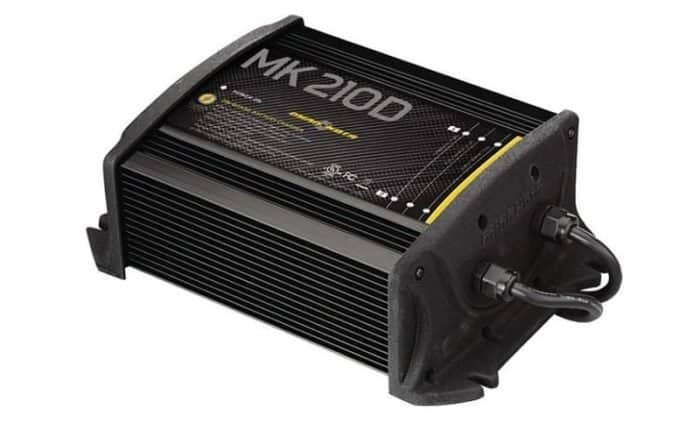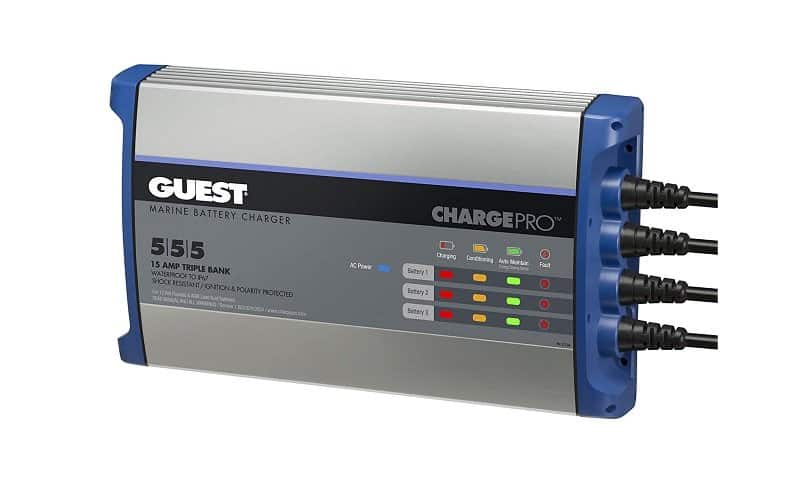


What’s the maximum amp hour battery the charger can cope with? In theory, any car charger will charge any battery eventually, but it can take a long time. Big numbers are probably not important unless you’re working with huge commercial batteries, but a rating of under 1.0 amp means it could take a couple of days to charge a standard 40- or 50-amp hour (Ah) car battery. What current does the car charger supply? We’ve seen some models that supply as little as 0.75 amp and others that supply 26 amps. Some car chargers handle 6 volt and 12 volt others work with 12 volt and 24 volt. That’s fine for modern cars, but do you have other vehicles? Trucks or tractors? Compatibility varies. Will the charger handle the voltage I need? Many low-cost trickle chargers are 12-volt only. It’s much like getting a jump-start but without needing another vehicle.īestReviews Choosing a car battery chargerĪsk yourself these questions as you shop for a car battery charger. It ramps up the amps supplied for a short period.

Engine start is available on some trickle and smart chargers.Some will even charge the lithium-ion batteries found in hybrid vehicles.Īlthough not infallible, smart chargers are particularly well known for the ability to bring back batteries that other chargers can’t. They can work with just about any kind of battery. They often have reverse polarity detectors, so you won’t cause damage if you connect the battery the wrong way. They can diagnose and repair several common battery faults. They have fast charge modes to get you on the road again in the shortest possible time. They can analyze the state of charge and control the current supplied. Smart car battery chargers (also called multistep chargers) also switch automatically to float mode, but that’s just one of their features. They can automatically switch over to float mode.) (It’s also a function that’s built in to some of the better trickle chargers. These chargers will detect when a battery is fully charged and prevent any damage. One usually supplies 13.6 volts, which keeps a 12-volt battery at peak capacity. Also, trickle chargers may only work on a limited range of battery types.įloat chargers are designed to be left on all the time. A few hours won’t make a difference, but you can’t leave one on for weeks at a time. One can cause damage if left on too long.

The drawback with basic models is that they lack control. More expensive models might offer the flexibility to charge 6- or 12-volt batteries and have a battery reconditioning mode that helps extend battery life. These simple, low-cost devices usually do a good job over a 24-hour period. Trickle chargers have long been popular because recharging slowly is much more effective than short bursts of high current. The battery needs a proper charge to put things back to normal. Even running it for a long time will leave your battery in a weakened state. Once the engine is running, your alternator should supply enough charge to keep things going, but it’s a mistake to think that leaving the motor running will eventually charge the battery. In a worst-case scenario, using a set of jumper cables and another vehicle will often get you going (though it depends on just how flat the battery is). There are plenty of alternatives, so if in doubt, choose a different brand. Sometimes information isn’t as complete as it could be, so it’s important to check carefully. Many cheap car battery chargers do not work with AGM or gel batteries. These don’t contain water, which makes them safer if knocked over or in the event of an accident. The two most common are absorption glass mat (AGM) and gel cell (or just gel). VRLA: Valve-regulated lead-acid batteries are sealed units. These batteries are common because they’re comparatively cheap. You can usually tell one by a row of removable caps (or a single removable strip) along the top of the battery, which allows for fluid levels to be topped up if necessary. Both these types are also called “wet cell” or “flooded” batteries because they contain liquid (usually distilled water). You’ll find them on marine engines, golf carts, and other electric vehicles. Deep-cycle batteries release their energy slowly. Wet cell batteries: Most road vehicles leave the factory with a “starting, lights, ignition” (SLI) battery. So a 2-amp charger on a 40-amp hour battery will take about 20 hours. For a rough guide to recharging time, divide the amp hours of your battery by the amps of your charger.


 0 kommentar(er)
0 kommentar(er)
